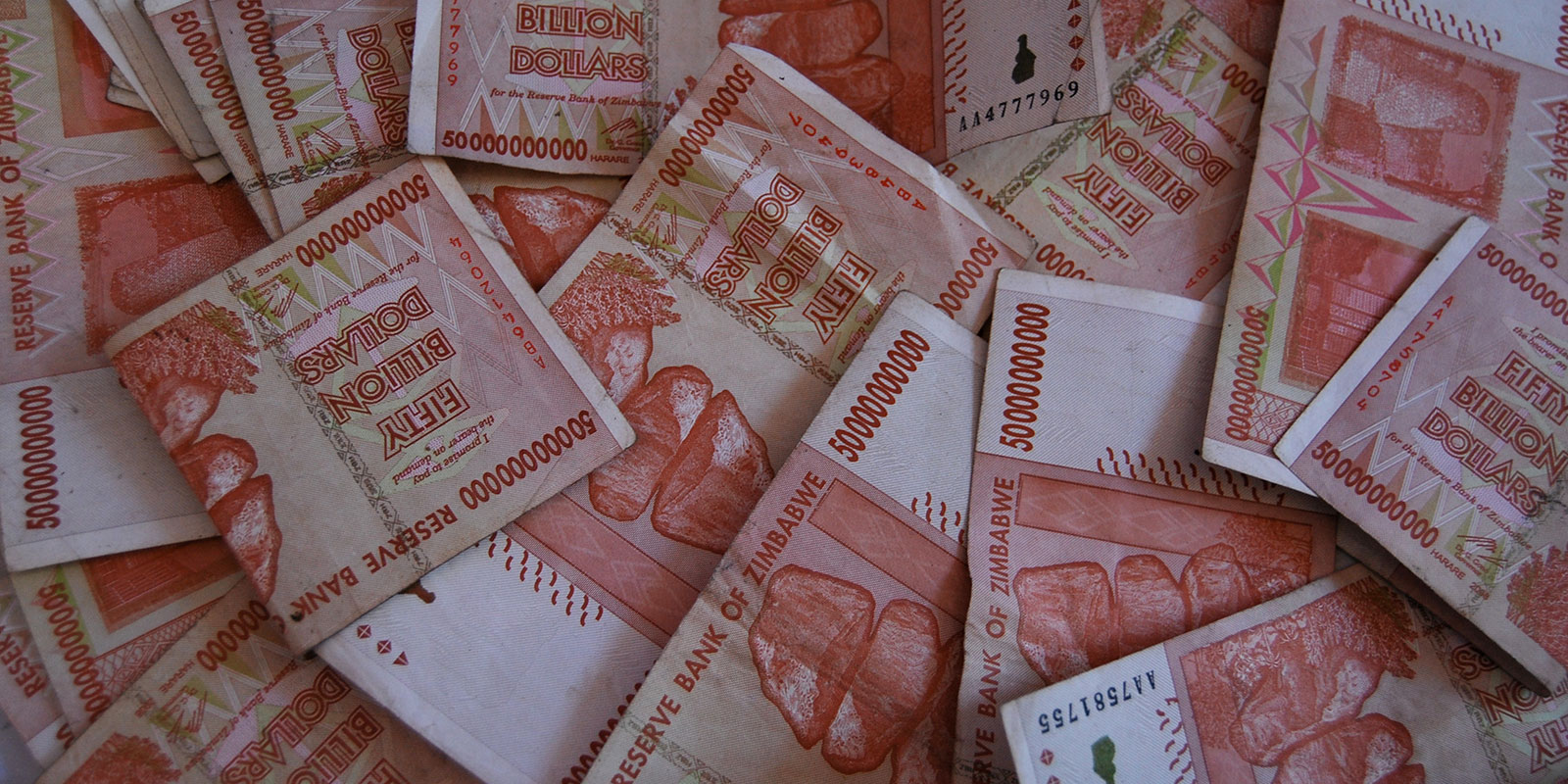Savings clubs offer hope that even in times of crisis such as the COVID-19 pandemic, ordinary people including the poor and disadvantaged can devise coping strategies to provide for their families. Ordinarily, savings clubs are not traditional or government-led, they constitute a third way in that they represent a hybrid approach to survival by ordinary citizens. As a hybrid, savings clubs are distinct from traditional support systems, which are built around strict family structures. On the one hand, traditional support systems are limited to a particular community and cannot be applied universally as is the case with savings clubs, which can be replicated. On the other hand, government support mechanisms are better than traditional ones in terms of coverage, but they are superseded by savings clubs in that the latter are a type of local agency by ordinary people who are faced with a crisis situation and it is therefore a form of resistance to dependence on government support systems.
Savings clubs offer hope that even in times of crisis such as the #COVID-19 pandemic, ordinary people including the most vulnerable can devise coping strategies to feed their families
Tweet
However, the emergence of COVID-19, especially the measures put in place to curb its spread, have impacted negatively on the normal functioning and established operations of most savings clubs, including in Zimbabwe. Lockdown policies have disrupted the operation of savings clubs, as members could not meet to collect their weekly or monthly savings. This also means that those who were planning to borrow from the common pool could not do so due to the imposed restrictions to meet as a group. Failure to meet on their scheduled timetables meant that members of the savings club could not pay up their individual contributions on time. For those members that borrowed from the group funds with the hope of paying back with interest, the lockdown caused a delay in re-payments as everyone was under lockdown.
Accordingly, the costs of not meeting regularly by members of savings clubs meant that savings became low because the group fund depends largely on regular contributions from the membership. This phenomenon has also caused the group fund to remain static because there were hardly any savings during the lockdown period. The costs of keeping money, which was supposed to be paid back to group members to help grow the cash fund, is another enormous problem for savings club group members. Thus, the closure of spaces for savings club members to meet regularly due to lockdown restrictions has led to slow savings and in some cases stagnation for the saving clubs’ cycles. In principle, group savings have not happened for 10 or more months causing panic and fear among savings club members.
What should savings club members do to sustain their operations without exposing their members to COVID-19 infection is the obvious question? A number of options do exist. Savings club group members should try by all means to reduce the frequency of their mandatory meetings. If the cycle of the savings club demands weekly contact sessions, it could be prudent to meet once a month and allowing only those in leadership to meet for purposes of collecting and recording group members’ contributions. Another option is to practise social distancing rules. The elderly people, expectant mothers or those with pre-existing conditions could be excluded from attending savings club meetings to reduce their vulnerabilities to the COVID-19 infection, but they could make individual contributions via other means, including electronically.
What can we learn that will lead to long-term changes for future preparedness? In the first place, it is now an open secret that physical contact in this era of COVID-19, could lead to illness or death in the worst case scenario. That being the case, during the COVID-19 pandemic, savings club members should adjust and improvise new ways of meeting, including digitally, and to keep saving, including via mobile banking. Apart from that, COVID-19 has taught us that all human beings are vulnerable regardless of economic status, religious persuasions, race, gender or location implying that we should all be united in the fight against this pandemic.
Dr Norman Chivasa is a post-doctoral fellow in the Peacebuilding programme, Durban University of Technology, South Africa.


